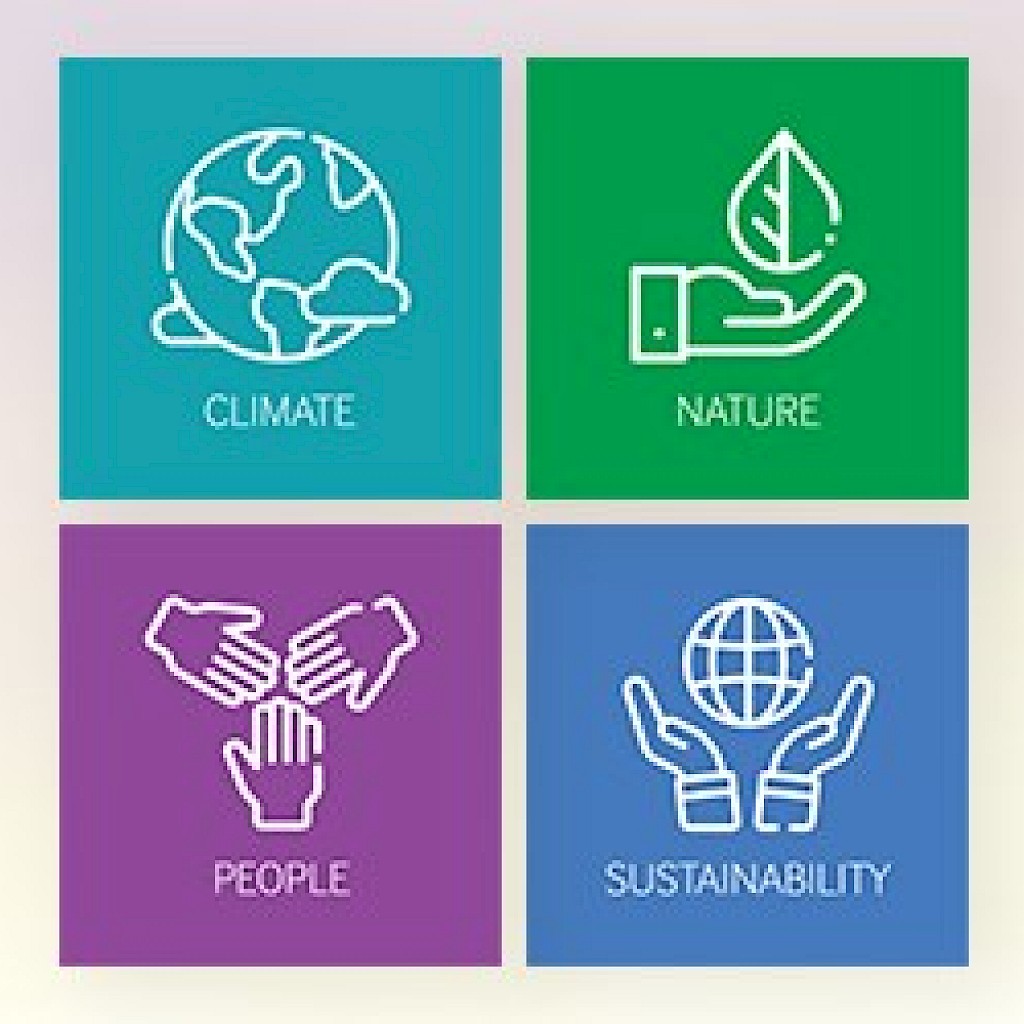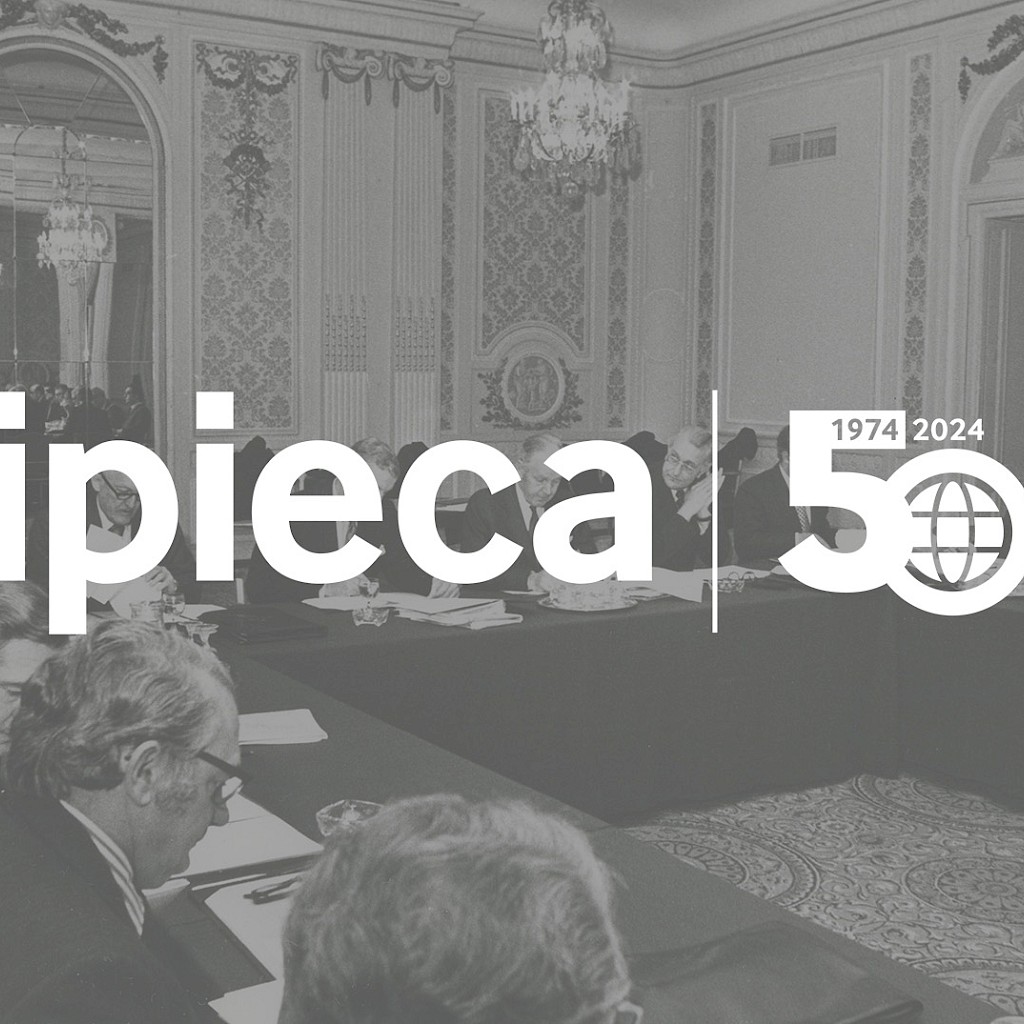It’s a time of anniversaries at Ipieca: last month our Reporting Working Group turned 20, next year Ipieca celebrates its fiftieth, having been formed at the request of UNEP back in 1974, and here and now, August marks a year since we launched the Ipieca Principles. So, a year on, what have we learnt and what’s next for the principles?
What are the Ipieca Principles?
For those of you who missed the launch, here’s a quick recap on the Ipieca Principles. There are eight principles, grouped around Ipieca’s strategic pillars of climate, nature, people and sustainability, with two principles in each area. They reflect Ipieca’s roles to promote awareness and alignment with major global agreements, underpinned by good practice. The first principle in each group drives support for a UN convention, while the second is focused on advancing operational environmental and social performance.
By setting sustainability expectations for members, the principles demonstrate Ipieca's commitment to lead the global oil, gas and alternative energy industry through a sustainable energy transition. Through our global membership and its reach and influence, the principles align a significant portion of the industry around the Paris Agreement, the UN Convention for Biological Diversity, the UN Guiding Principles on Business and Human Rights and the Sustainable Development Goals, helping to scale up action on achieving these global conventions.
Here are some reflections on what we’ve learnt in the year since we launched the principles.
Our members unanimously support the Ipieca Principles
Ipieca members' support for the UN conventions and ambitions behind the principles has been a core value of our membership well before the principles were launched. I’m pleased to say that no company took the option of dropping out of membership, and in fact member support for them has been great.
And it’s not just talk either. The Ipieca Principles were designed to inspire action. Throughout the last year we’ve seen amazing work from our member companies which demonstrate how they live the principles day in day out. Click here to see a selection of Ipieca Principles case studies.
The Ipieca Principles were designed to inspire action. Throughout the last year we’ve seen amazing work from our member companies which demonstrate how they live the principles day in day out.
Supporting the wider industry’s sustainability journey
Ipieca membership continues to grow rapidly. I think this reflects the increasing importance and seriousness the wider industry places on the topics that Ipieca works on: climate, nature, people and sustainability. As well as a growing recognition that these issues are too big, indeed too important, to address in isolation, and that Ipieca provides a collaborative platform, convening the industry with other sectors and stakeholders, to scale up action in these areas.
The principles have been widely welcomed and even if companies are not members, they can use them as a roadmap to support their sustainability journeys and align with UN conventions.
To allow companies to operationalise the principles, we created a toolkit. For each principle it provides a practical example of how to align with it as well as links to Ipieca and other good practice guidance to enable them to do so.
Stakeholders recognise the importance of on the ground action
Selected stakeholders were part of our consultation process in the development of the principles and were supportive of our plans, recognising the principles as an important step for Ipieca.
Now that we’ve launched them, the response from our stakeholders in UN, NGO, civil society and academic organizations has been enthusiastic: they are pleased to see us raise the bar for the industry in terms of sustainability expectations and promote industry wide on the ground good practice to feed into the realisation of UN conventions.
What’s next for the principles?
When we developed the principles, a big question was how do we make sure members are living by them? We did not wish to create an additional reporting burden that would duplicate their time-consuming measurement and reporting efforts. Instead, we are compiling evidence through case studies that demonstrate members’ alignment with the principles.
As part of our upcoming strategic review for the development of our 2025-2028 strategic plan, we will review the principles, what they mean for our members as well as finding out what our stakeholders think.
In the meantime, we’ll continue sharing examples of how Ipieca companies are embedding the principles in their businesses and producing good practice guidance and tools with the aim to inspire and enable the wider industry to do likewise and join us on this journey through a sustainable energy transition.






